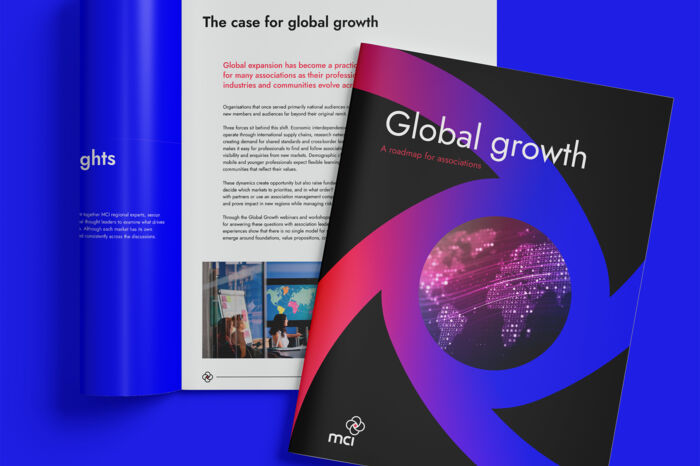
The Middle East in numbers
Countries in the region include Bahrain, Cyprus, Egypt, Iran, Iraq, Israel, Jordan, Kuwait, Lebanon, Oman, Palestine, Qatar, Saudi Arabia, the Syrian Arab Republic, Turkey, the United Arab Emirates and Yemen.
GDP growth – 3.2% (2023 estimated)
Population – 370 million (90% expats)
Economic drivers and 2030 outlook:
- Oil and gas Industry: The Middle East is rich in oil and gas reserves, making it a major player in the global energy market.
- Infrastructure development: Many countries in the region are investing heavily in infrastructure projects to diversify their economies and attract foreign investment.
- Tourism: Some Middle Eastern countries have been focusing on developing their tourism sectors. This is a factor to consider if you plan to hold international events in the region.
- Youth demographics: A significant portion of the population consists of young people (55% according to the Organisation for Economic Co-operation and Development).
- Diversification efforts: Some countries have recognised the need to diversify their economies away from oil dependence.
- Technology and innovation: Governments and businesses are increasingly embracing tech-driven solutions, which could drive productivity and innovation.
- Education focus: There is a surge in focus on learning and development – all formats of learning are in play.
Healthcare landscape
We are noticing the following trends in Healthcare in the Middle East:
- The rise of telemedicine and virtual healthcare services
- Growth of AI and machine learning in healthcare
- Value-based care is gaining momentum
- New wearables and remote monitoring devices
- The importance of cybersecurity in healthcare
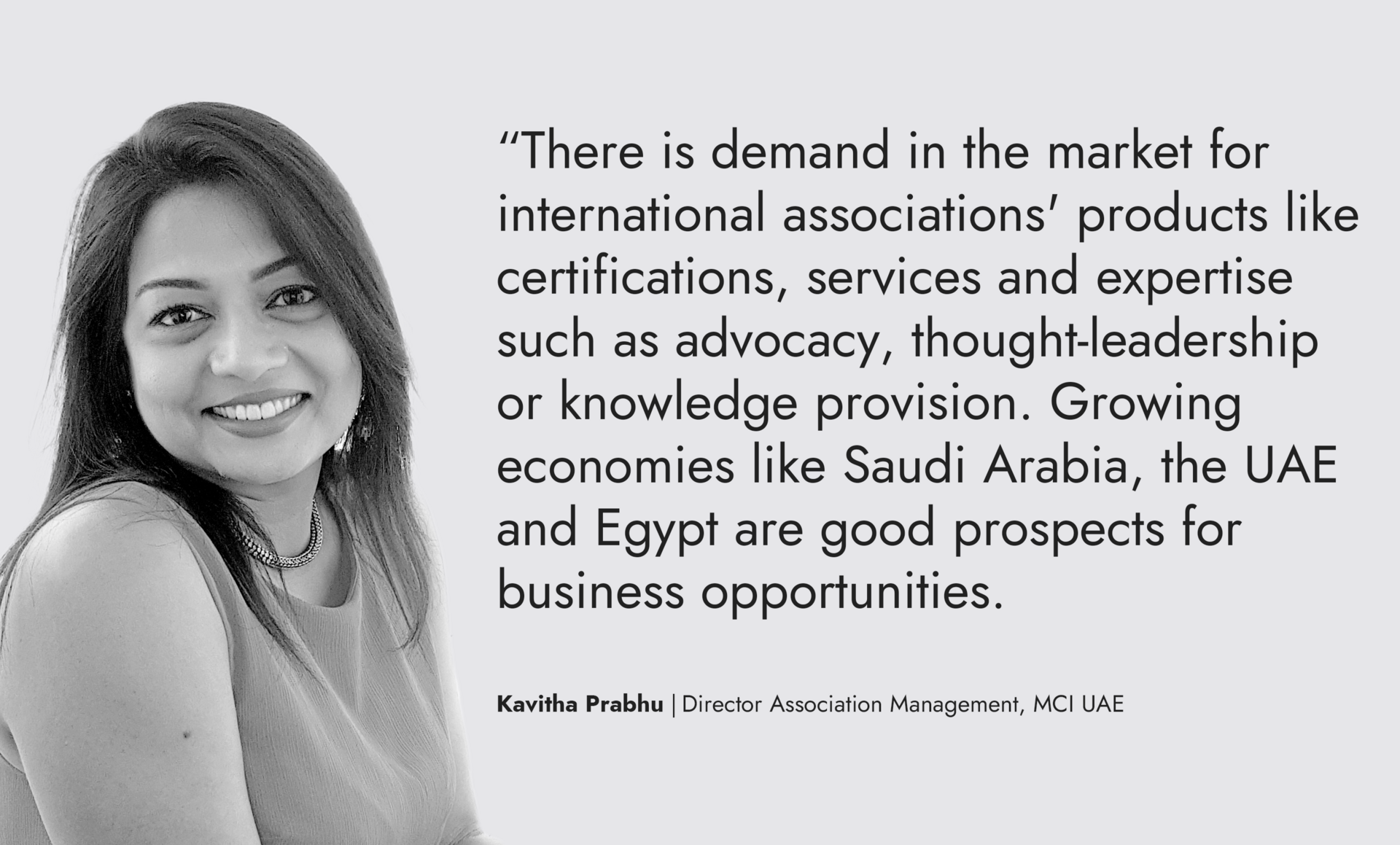
Success stories
Case #1: Clinical Laboratory Standards Institute (CLSI)
- Challenge: The client is a not-for-profit organisation that develops laboratory standards worldwide. MCI was challenged to grow awareness and membership in the region.
- Our solution: Develop a communication campaign aimed at building trusted relationships with all stakeholders to enhance brand value and awareness.
- Strategy: The magic formula was observe, listen and refine. We created talking points and engaged in discussions instead of simply disseminating information, thereby redefining and delivering value to local stakeholders. We researched the relevant needs for professional development in the region. Next, we used the concept above to strategically promote CLSI standards, the value and benefits of membership and connect with key opinion leaders in the region such as government and private laboratories.
- Outcomes: Face-to-face meetings jumped from 0 to 38 in the first year of operation (2017-2018) with an increase of 138% in individual membership revenue. By 2022, growth in membership revenue had reached 55% year on year.
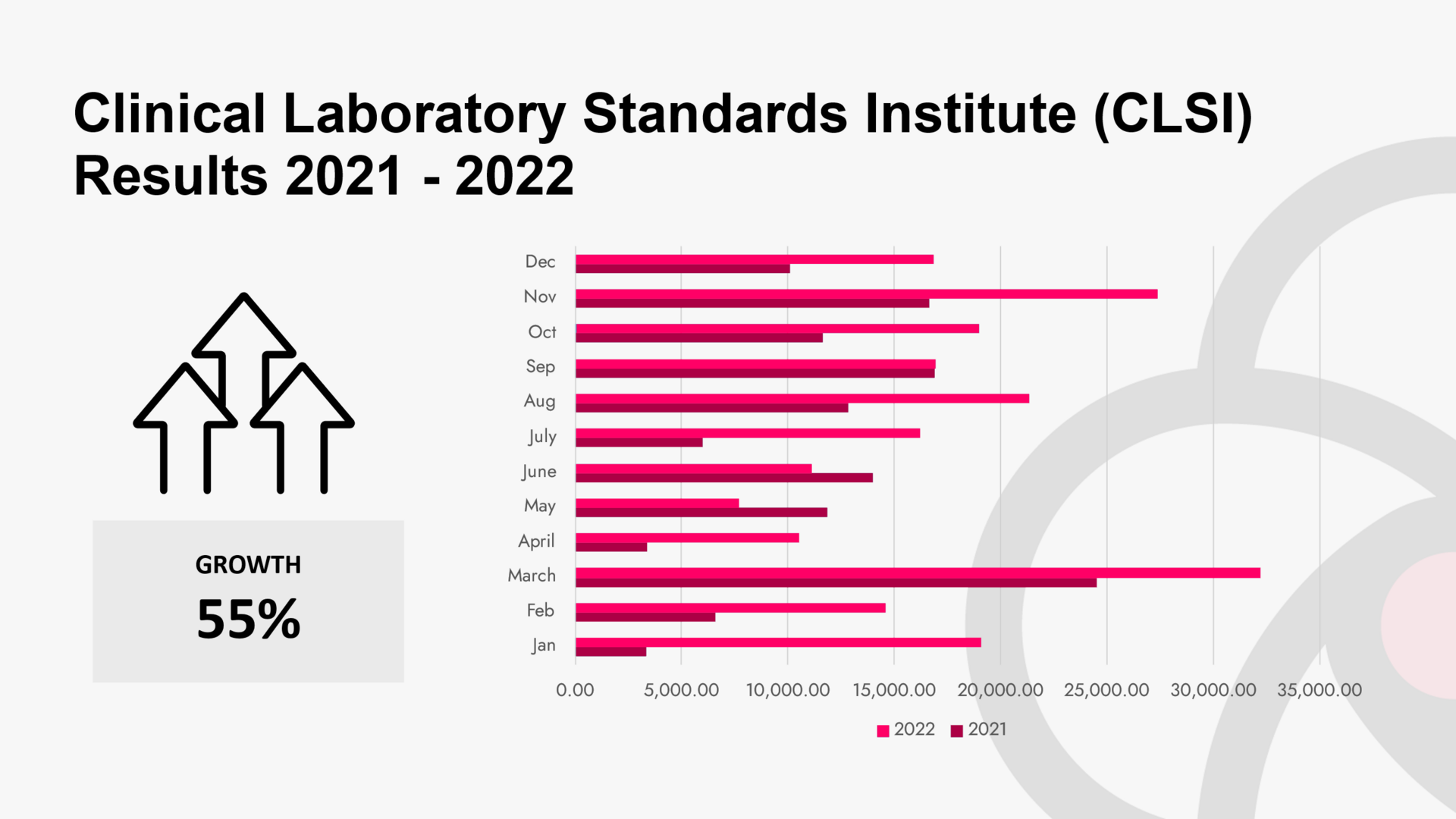
Case #2: American Society for Quality in the Middle East (ASQ MENA)
- Challenge: Growth had been hampered by the following barriers: low brand awareness, no local business capacity, ineffective local marketing campaigns and following up, not enough member and chapter activities, and an insufficient understanding of the Gulf Cooperation Council (GCC) – a common market or regional intergovernmental, political and economic union comprising Bahrain, Kuwait, Oman, Qatar, Saudi Arabia and the UAE.
- Our solution: Build year-on-year growth across all product offerings as well as membership recruitment and retention campaigns.
- Strategy: Working with ASQ, MCI Middle East strategised creative ways to leverage its local marketing expertise and enterprise business development to grow the ASQ in the region.
- Outcomes: Between 2013 and 2015, we achieved 155% growth in certified ASQ individuals, 67% growth in the number of exam applications, 333% increase in lead generation, and a 569% growth in social media reach. Membership and revenue more than doubled.
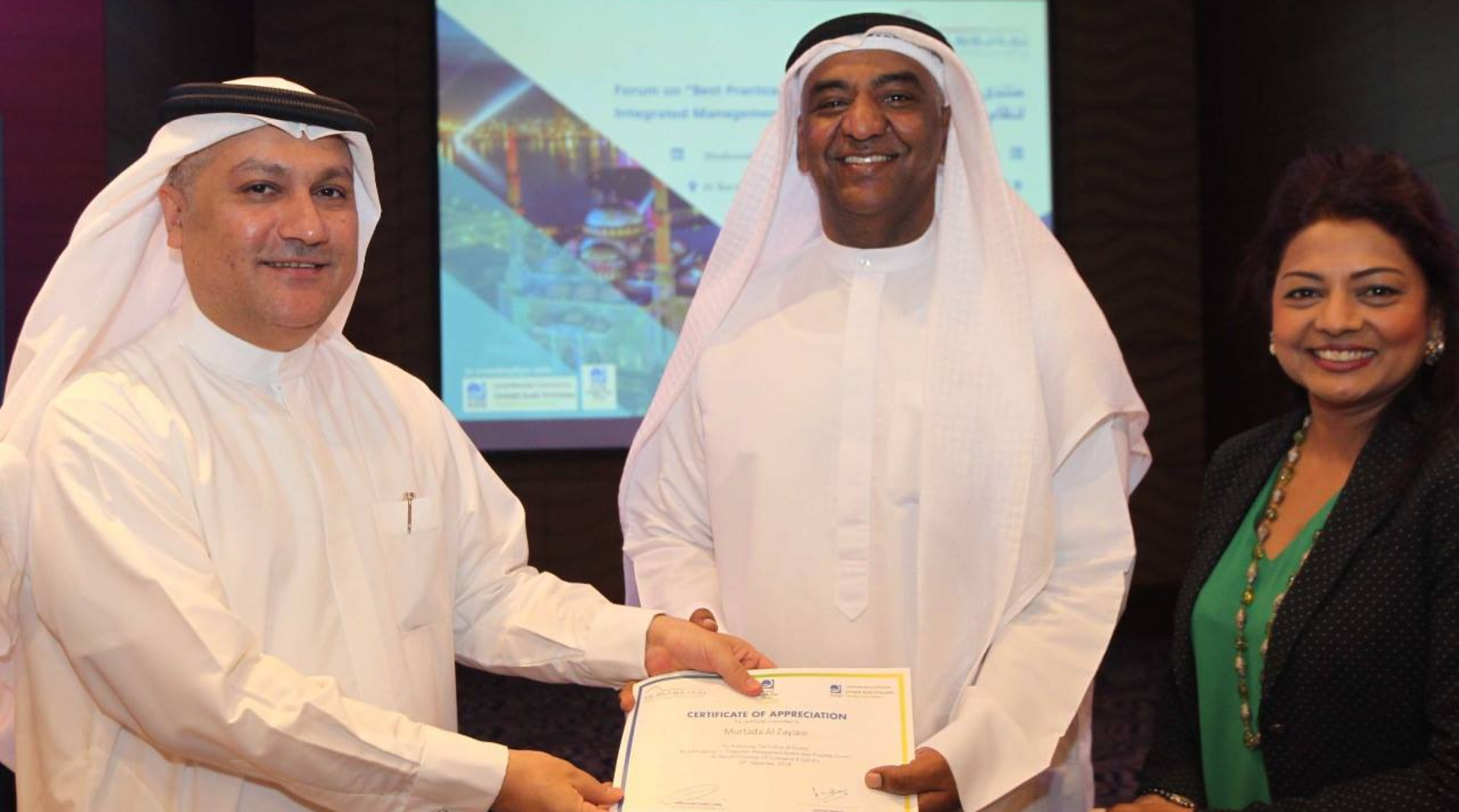
Case #3: Arab Association of Urology (AAU)
- Challenge: The AAU needed assistance to establish itself in the region.
- Our solution: Create awareness of member value.
- Strategy: MCI developed relevant content around continuous learning and development to create awareness around the value of membership. We established sustainable funding initiatives with sponsors’ support to grow revenues, and launched individual memberships. Using our expertise in association management, we also provided support at board meetings to drive strategy. We are currently in the process of working on an online learning platform and looking at delivering live surgeries
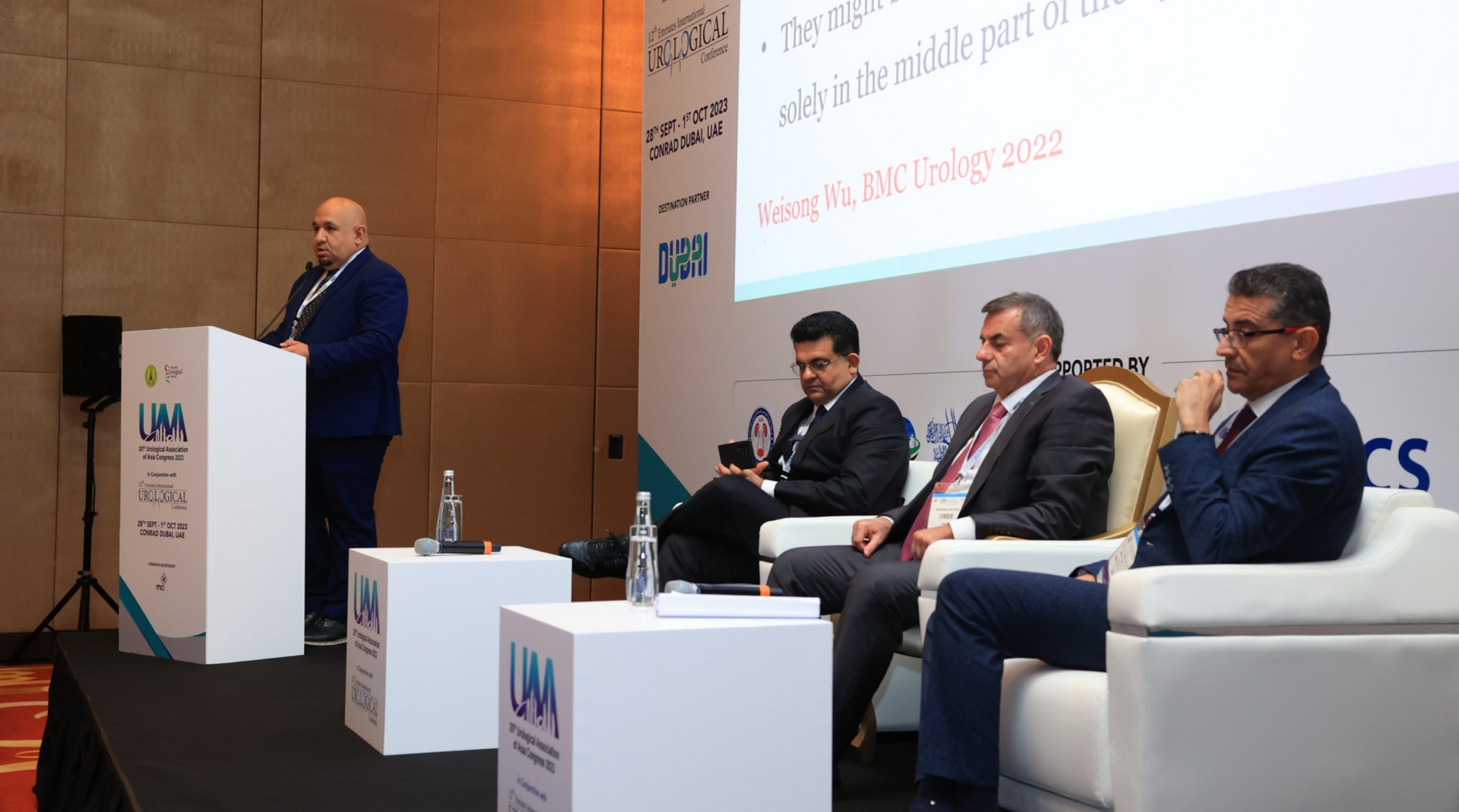
Case #4: American Society of Clinical Pathology (ASCP)
- Challenge: ASCP wanted to play a more active role in the UAE.
- Our solution: Launch a UAE Chapter responsible for conducting various educational and networking events in the region.
- Strategy: Leverage MCI’s unique association management services to help ASCP MENA assert its reputation in the region and deliver high-quality member support; create a bilingual ASCP MENA website that includes all international ASCP certifications offered outside the Americas as well as membership; and attract young generations with the creation of the ASCP student membership.
- Outcomes: We were able to forge deeper relationships with key individuals from both government and private entities through regular meetings. We increased the visibility of its ASCP educational offerings through marketing campaigns. Exposure and revenue were boosted by leveraging events like Arab Health, where institutional packages and books, plus hosted meetings were sold. We also asserted the association’s authority and expertise by selling ASCP books from the MENA office
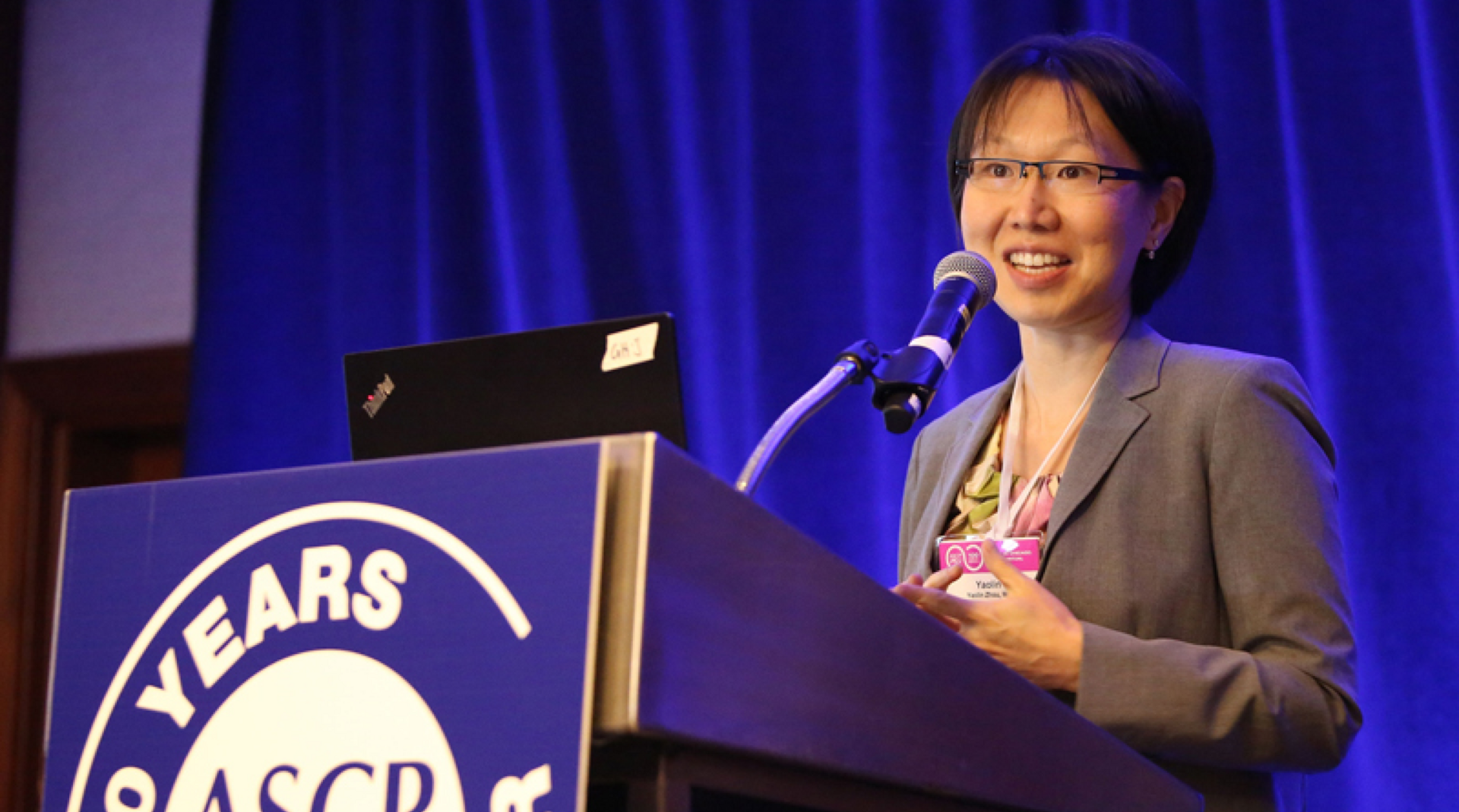
Case #5: American Society of Quality (ASQ)
- Challenge: The ASQ found that there was a lack of brand awareness in the MENA region. Regional members had experienced difficulties in attending the World Conference in the USA and wanted regional networking opportunities. There was a lack of the international training that regional members demanded. The association itself needed to engage the next generation of professions but was hampered by a lack of new leads. ASQ was also seeking revenue diversity.
- Our solution: Turn weakness into strength.
- Strategy: MCI launched the first regional conference 2015, with its own website, social media coordinates, quality awards, international trainers, plus student case-study competition, internship and volunteering opportunities, and a full-time regional presence. We selected the best marketing tools for the audience and the region for campaigns targeted at existing and potential members. We developed strategic partnerships with local stakeholders, quality NGOs and key government entities. High profile professionals from the region were appointed to the conference organising committee and international and regional expert speakers were recruited.
- Outcomes: Our marketing campaign created visible difference in brand awareness and a larger social community. We positioned the conference as best in class and achieved a 79% growth on the number of attendees at the 2015 conference. B2B revenues and leads, plus membership numbers also increased. Other key figures included at 10% year-on-year growth in revenues, 100% growth in conference training revenues, and 50% growth in the number of award applicants.
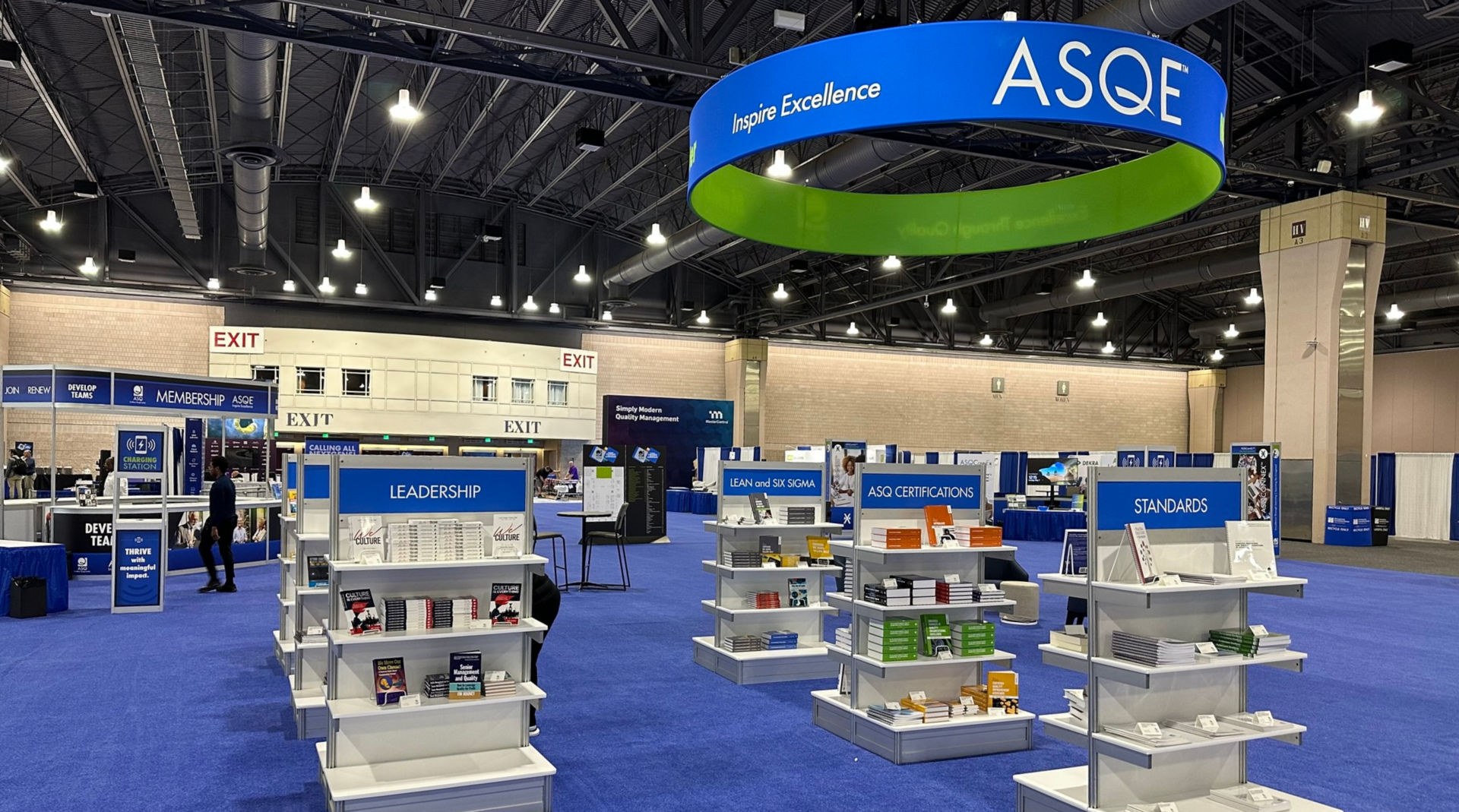
There are real opportunities to drive association growth in the Middle East. MCI’s local expertise and knowledge can help you build trust-based relationships to grow your association in the MENA region. To partner with us, contact Kavitha Prabhu, Director Association Management, MCI UAE.
* Associations’ drivers of global growth series
Achieving clear and successful global growth for associations demands a strategic approach that encompasses several key attributes. MCI’s global strategy for associations is deliberate, proactive and informed by local insights, with a commitment to prioritising growth.
This is the fourth in our Drivers of Global Growth Series, which is based on the learnings shared in our Global Growth Workshop on 2 August 2023, in Washington DC, and in Chicago, IL, USA. Each article focuses on a different region.
Learn more about:
Growing engagement for associations in the Asia Pacific region
Driving key opportunities through training and certification for associations in India
Expanding horizons: Leveraging education opportunities for revenue growth in Latin America



